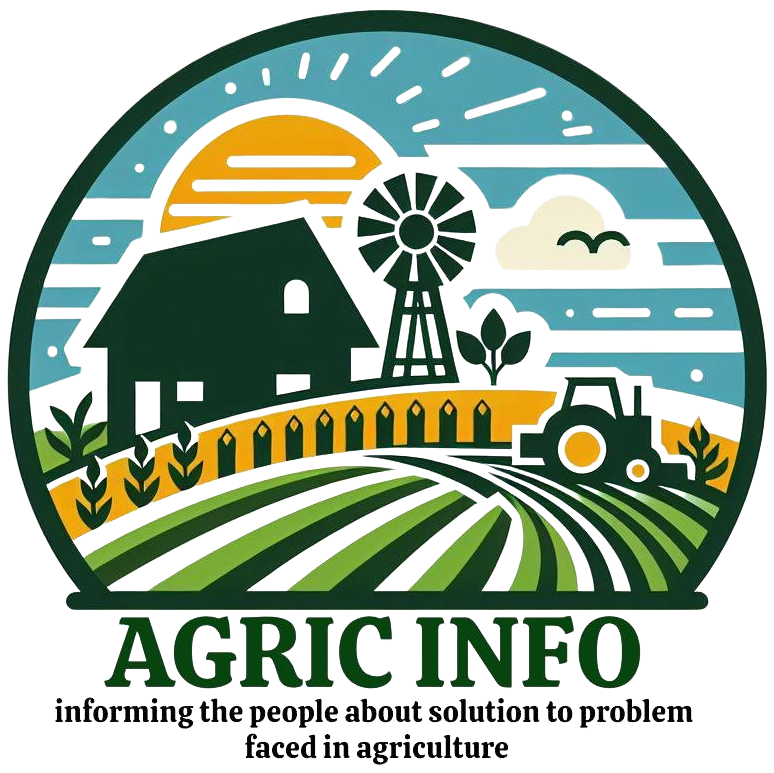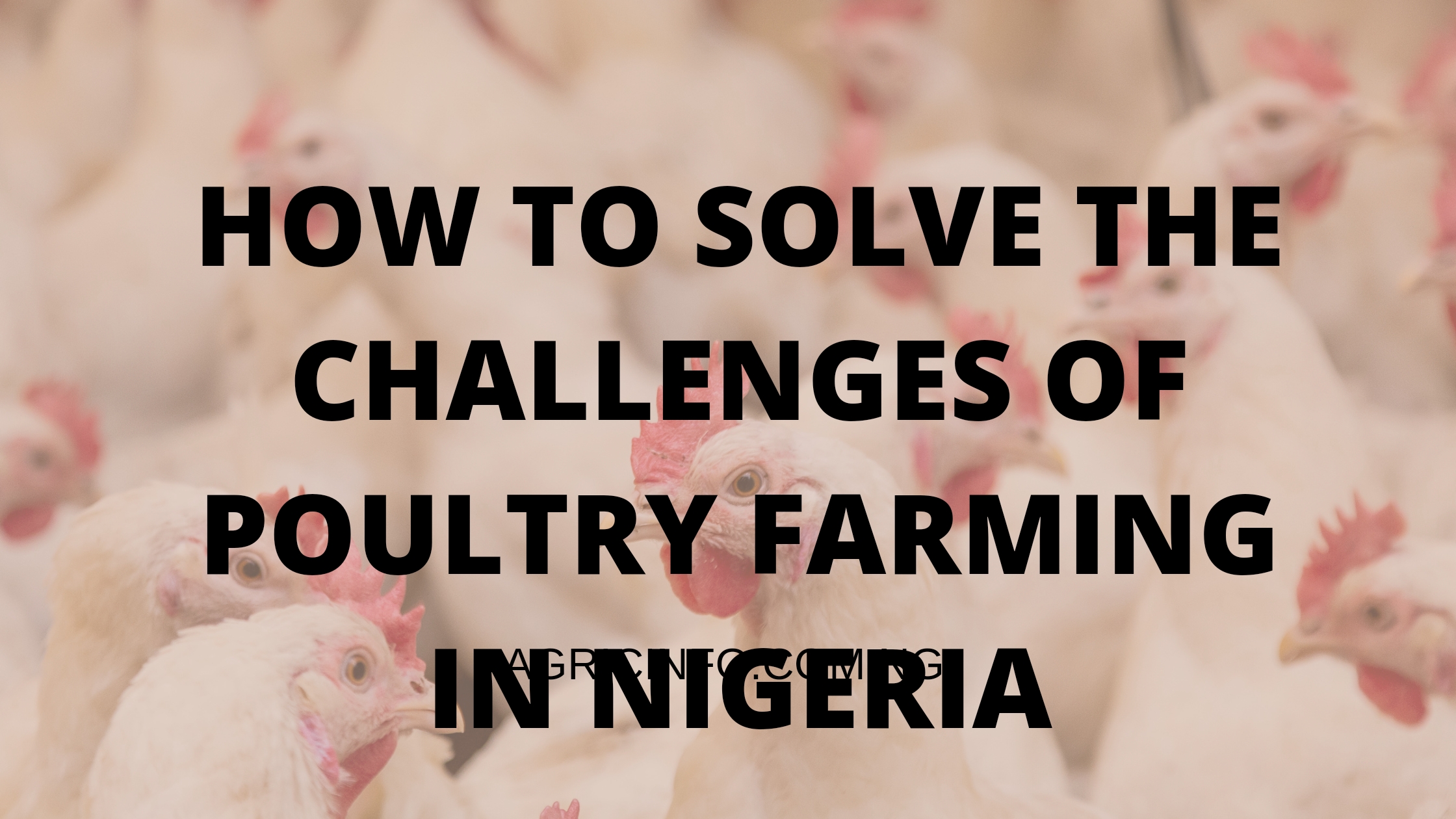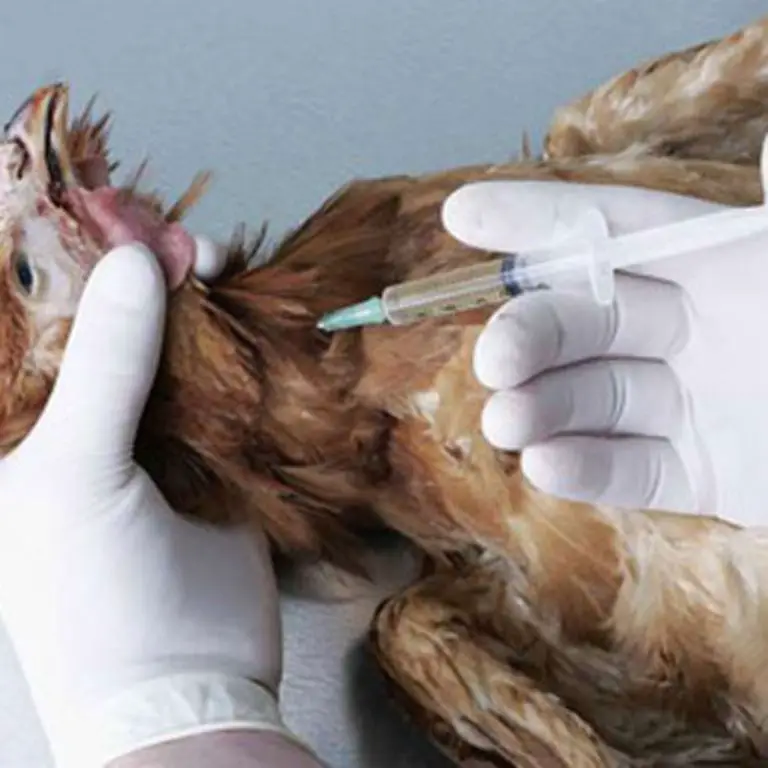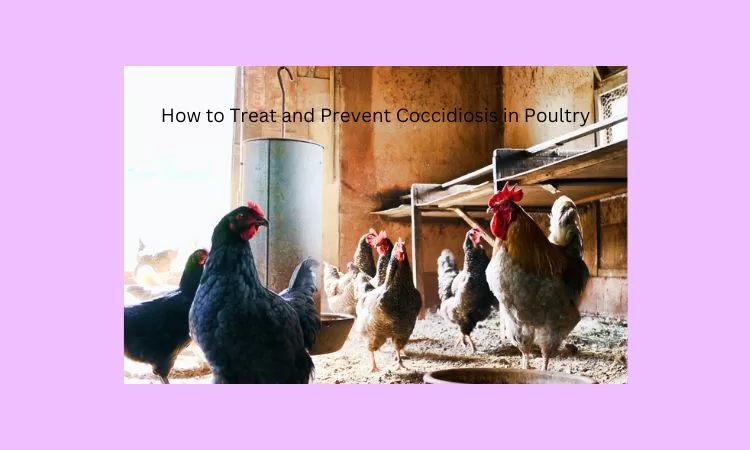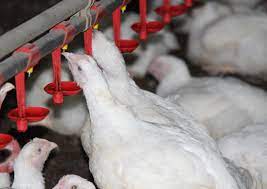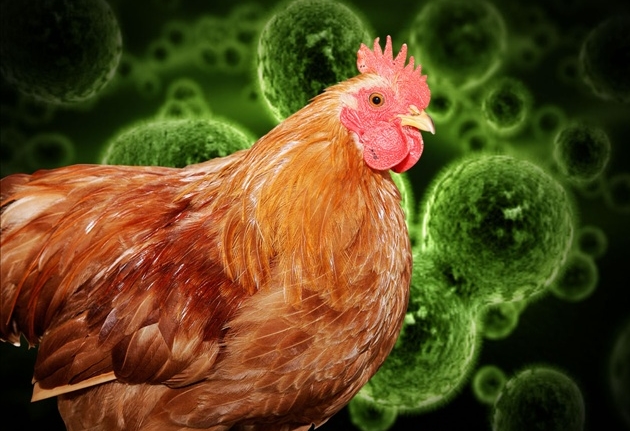How to Overcome the Challenges of Poultry Farming in Nigeria 2024: Expert Tips
One of the common reasons why many back out of poultry farming is the constant challenges of Poultry Farming in Nigeria they encounter.
Poultry farming is an important sector of Nigeria’s agricultural industry that provides a source of protein for millions of people.
However, the industry faces numerous challenges that hinder its growth and productivity.
In this article, we will look into the challenges of poultry farming in Nigeria, and discuss possible solutions to overcome them.
Let’s get started.
Challenges of Poultry Farming in Nigeria
1. Disease Outbreaks
Poultry diseases such as Avian Influenza, Newcastle Disease, and Gumboro Disease are common in Nigeria, causing major losses for farmers.
The high density of birds in farms and markets, inadequate biosecurity measures, and poor vaccination programs also contribute to the spread of diseases.
2. Feed Costs and Availability
Another challenges of Poultry Farming in Nigeria is the high cost of feeding.
The high cost of feed and inconsistent supply chains make it difficult for farmers to maintain a stable and nutritious diet for their birds.
Moreover, Importing feed from other countries is expensive, and local feed production is often not enough to meet demand.
3. Poor Farm Management
Inadequate knowledge of best farming practices, inadequate housing, and poor sanitation contribute to reduced productivity and increased mortality rates.
Many farmers lack access to the right training and extension services, making it one of the Challenges of Poultry Farming in Nigeria for them to adopt improved farming methods.
4. Marketing and Sales
Another issue is that Farmers struggle to access reliable markets and negotiate fair prices for their products.
This makes it difficult to sustain their businesses.
In addition, Middlemen often exploit farmers, buying their products at low prices and selling them at inflated prices in urban markets.
5. Climate Change
Rising temperatures and unpredictable weather patterns are one of the Challenges of Poultry Farming in Nigeria affecting the health and productivity of birds, as well as the availability of feed and water.
Climate change also increases the spread of diseases and pests, further threatening the industry.
6. Inadequate Government Support
In addition, Limited access to credit facilities, subsidies, and extension services impedes the growth and development of the poultry industry.
This is because government policies often prioritize other agricultural sectors, leaving poultry farmers without the support they need.
7. High Mortality Rates
Lastly, one of the major challenges of Poultry Farming in Nigeria is Poor farming practices, disease outbreaks, and inadequate healthcare contribute to high mortality rates among birds.
This not only affects farmers’ livelihoods but also threatens food security and public health.
More so, Inadequate availability and high costs of vaccines and medication make it difficult for farmers to protect their birds from diseases.
This further increases the spread of diseases and increases mortality rates.
Possible Solutions to the Challenges of Poultry Farming in Nigeria
1. Improved Disease Management
Vaccination programs, biosecurity measures, and regular health checks can help prevent and control disease outbreaks.
Government and private sector investment in disease management infrastructure and research can also help develop effective solutions.
2. Feed Formulation and Alternative Feed Sources
Developing locally-sourced feed formulas and using alternative feed sources can reduce costs and improve feed availability.
Researching and development of new feed sources, such as insect meal and cassava, can provide sustainable options.
3. Capacity Building and Training
In addition, Providing farmers with training and education on best farming practices, marketing, and business management can help improve productivity and profitability.
Also, Extension services and farmer field schools can help farmers adopt improved methods and technologies.
4. Market Development and Access
More so, establishing reliable markets and negotiating fair prices can help farmers sustain their businesses and increase their income.
Government support for market development and price regulation can help protect farmers from exploitation.
5. Government Support and Policies
Another solution to the Challenges of Poultry Farming in Nigeria is to provide access to credit facilities, subsidies, and extension services that can help farmers overcome financial and technical challenges.
Government policies should also prioritize the poultry industry to help address the sector’s specific needs and challenges.
6. Improved Healthcare and Mortality Management
Developing helpful poultry healthcare systems and implementing mortality management strategies can help reduce mortality rates among birds.
Also, Making vaccines and medication more available and affordable can help farmers protect their birds from diseases.
Government subsidies and private sector investment in vaccine and medication development can help increase access.
As well as in healthcare infrastructure and research to help develop effective solutions.
Conclusion Challenges of Poultry Farming in Nigeria
Poultry farmers in Nigeria face numerous challenges that affect productivity, profitability, and sustainability.
We have discussed some of the Challenges of Poultry Farming in Nigeria in this guide.
However, addressing these challenges through improved disease management, feed formulation, capacity building, market development, climate-smart agriculture, government support, and improved healthcare, farmers can help overcome these obstacles
It can also contribute to the growth and development of the industry.
In addition, government, private sector, and civil society stakeholders should collaborate and invest in the poultry industry to ensure food security, public health, and economic growth.
FAQs
What are the most common poultry diseases in Nigeria?
Avian Influenza, Newcastle Disease, and Gumboro Disease are common poultry diseases on Nigeria
How can farmers reduce feed costs?
Farmers can reduce feed costs when they develop locally sourced feed formulas, use alternative feed sources, and improve feed conversion efficiency through better management practices.
